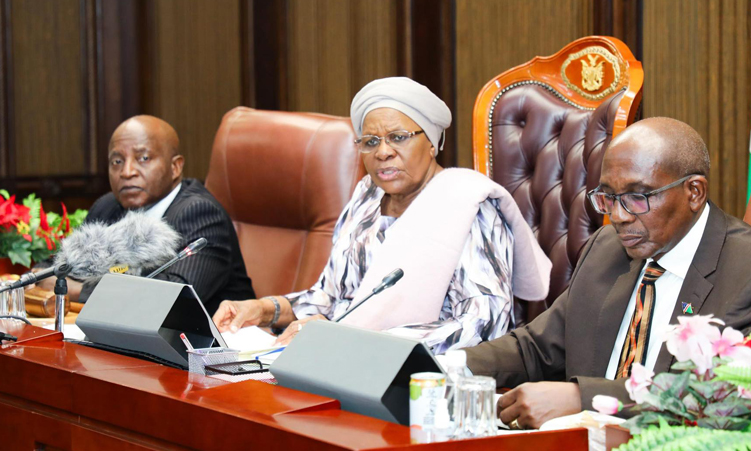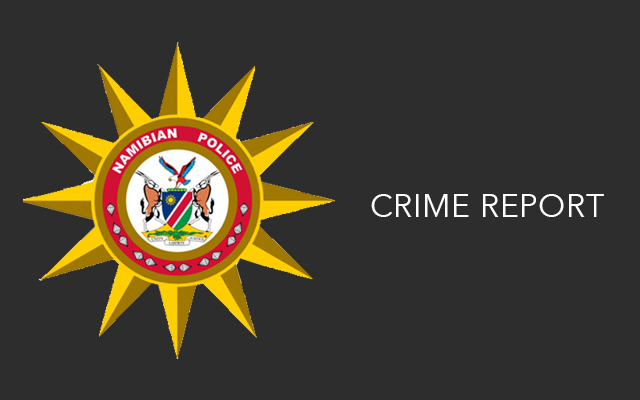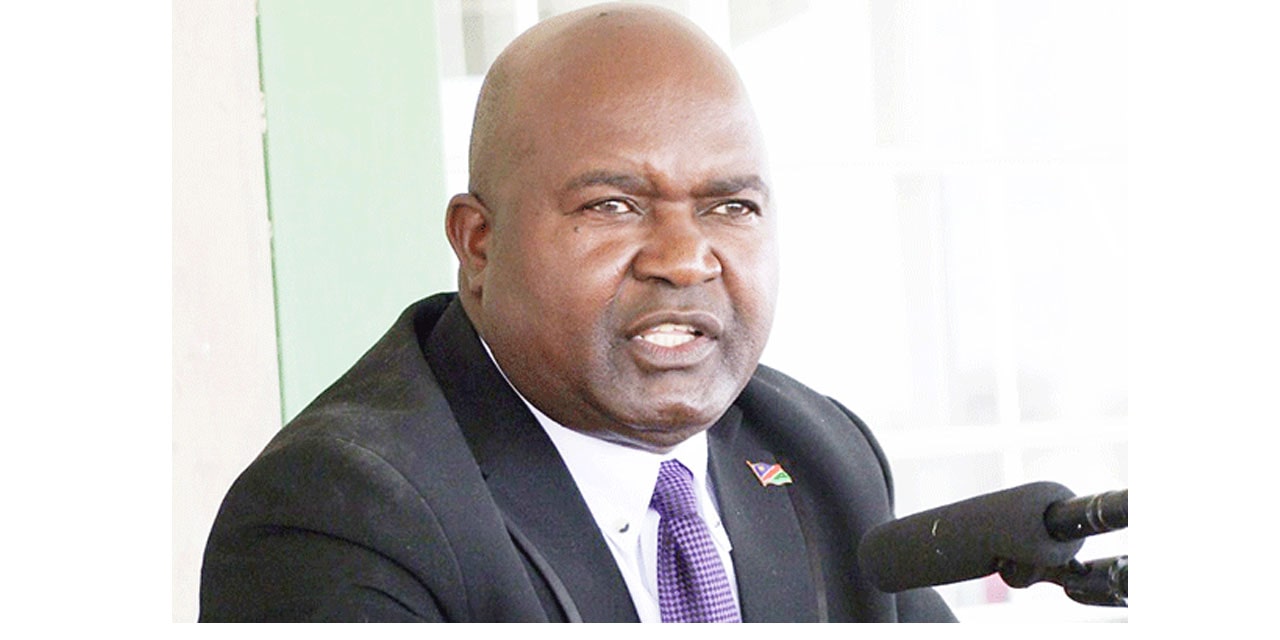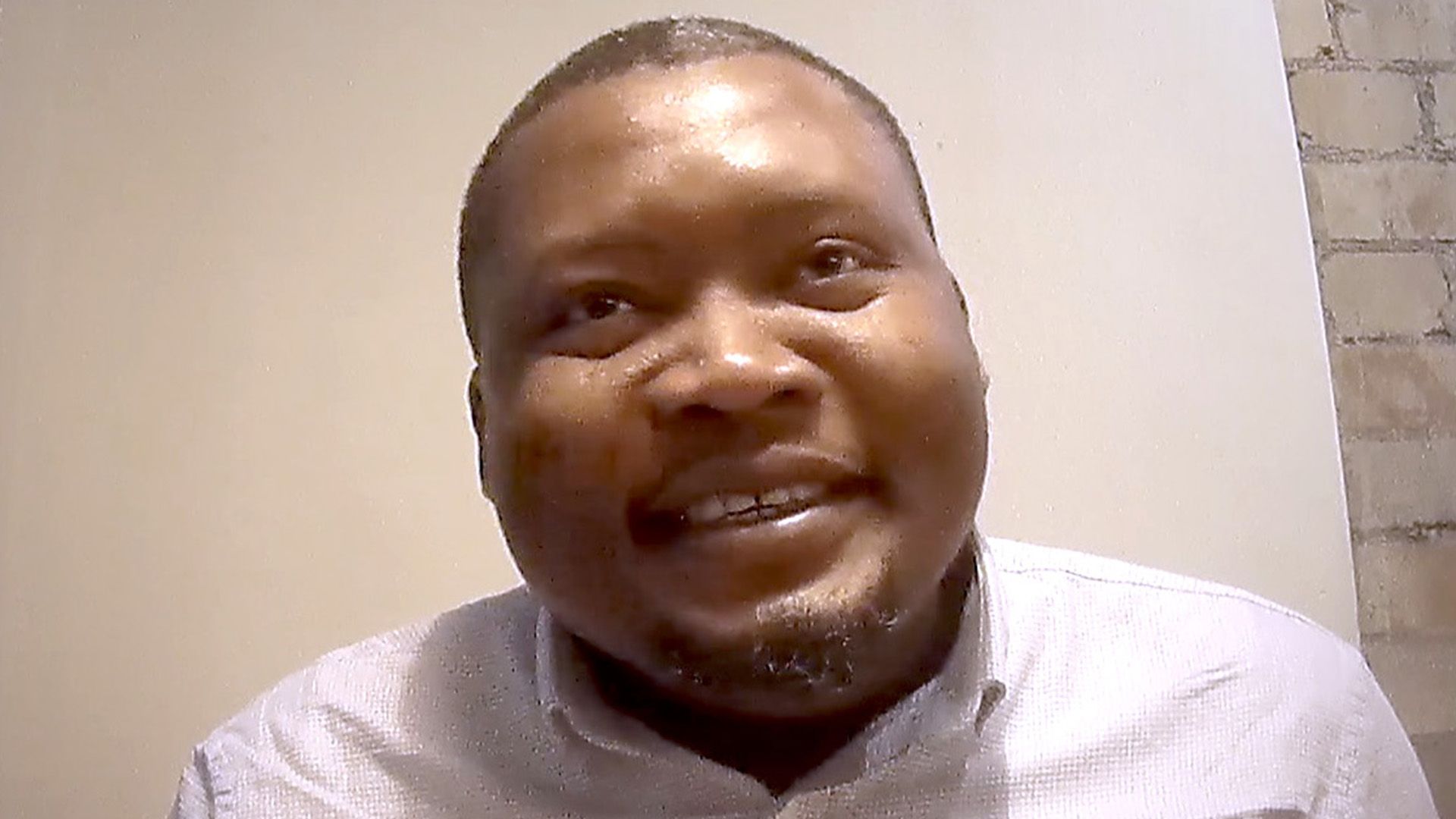President Netumbo Nandi-Ndaitwah is expected to push for a conclusive resolution to the long-standing issue of genocide reparations as her administration takes over Namibia’s new government.
Presidential press secretary Alfredo Hengari says the new head of state is well-versed in the complex and sensitive nature of the negotiations surrounding Germany’s colonial-era genocide in Namibia.
“President Nandi-Ndaitwah is familiar with the dossier on genocide. She led the work on genocide as minister of international relations and cooperation, and as vice president, she was the chair of the Cabinet Committee on Genocide, Apology and Reparations,” Hengari says.
He adds that in these roles, Nandi-Ndaitwah has engaged extensively with a wide range of stakeholders, including members of the affected communities, most recently just two weeks ago.
“The president is fully aware of the different perspectives on the matter of genocide, apology and reparations.
She remains committed to bringing finality to this matter, which is part of the painful past in the history of Namibia,” Hengari says.
Nandi-Ndaitwah assumes office at a time when negotiations with Germany remain unresolved, and pressure continues to mount from descendants of victims of the 1904-1908 genocide.
Last year, during her time as vice president, Nandi-Ndaitwah said the government was exploring the creation of a special purpose vehicle to be managed by descendants themselves.
Last year, the Namibian government approved a deal in which Germany admits guilt for the genocide and agrees to pay over N$18 billion (1 billion euros) in reparations.
However, this deal was rejected by the Ovaherero and Nama traditional authorities who are calling for better negotiations.
The Ombara Otjitambi of one faction of the Ovaherero Traditional Authority, Mutjinde Katjiua, yesterday said they would like to work together with the new government on a number of issues.
“The multitude of socio-economic challenges faced by our communities can only be resolved if we work together.
Some spectators think that because we are litigating elements of our state for mishandling the reparations negotiations, we are anti-government.
To the contrary, we are rightly doing so because of our rights as enshrined in the Namibian Constitution and international law, to which Namibia is a contracting party,” Katjiua said.
Namibia is signatory to the United Nations (UN) Genocide Convention and the UN Declaration on the Rights of Indigenous Peoples.
“We shall pursue a legal route to have genuine genocide negotiations commenced with the German government, while at the same time, we will explore political solutions to the impasse,” Katjiua said.
He further said they have a pending request to meet with the Office of the President, which was submitted during the tenure of former president Nangolo Mbumba, to discuss matters affecting their communities and Namibia as a whole.
“We shall renew this request again with incumbent president Netumbo Nandi-Ndaitwah, and if granted, only then shall we take appropriate measures going forward,” Katjiua said.
Meanwhile, in letter dated 13 March, Landless People’s Movement leader Bernadus Swartbooi and 11 traditional authorities have formally written to government attorney Jabulani Ncube, demanding that the joint declaration on reparations for the Nama and Ovaherero genocide be invalidated and set aside.
The declaration was approved by Cabinet on 12 December 2024.
The affected parties argued that the agreement between the Namibian and German governments contradict a Namibian parliament resolution on reparations from Germany for the genocide committed in Namibia.
It said the existing parliamentary resolution has neither been lawfully rescinded nor amended to permit the Namibian government’s current approach.
Stay informed with The Namibian – your source for credible journalism. Get in-depth reporting and opinions for
only N$85 a month. Invest in journalism, invest in democracy –
Subscribe Now!










